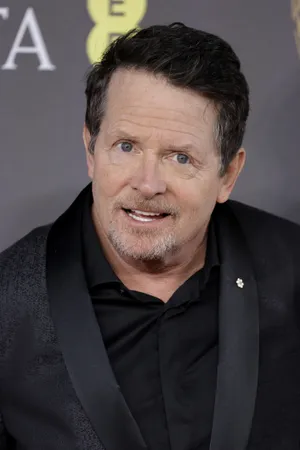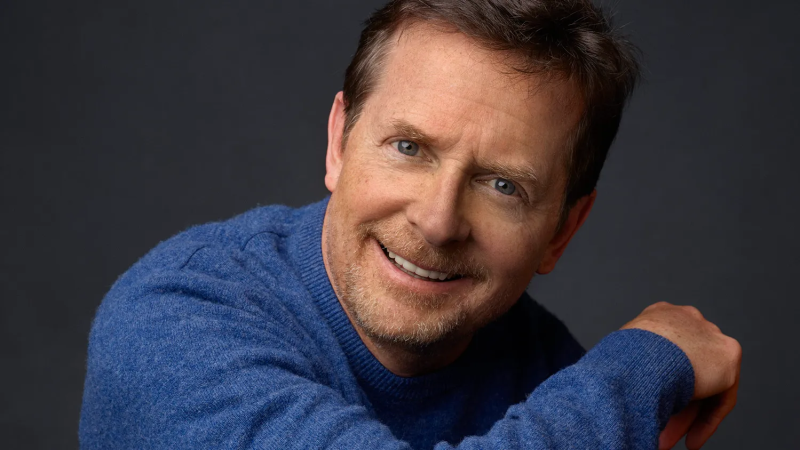Michael J. Fox gets out of wheelchair to present at BAFTAs, receives standing ovation
Michael J. Fox surprised BAFTA attendees Sunday with an appearance to present the award for best film.
The "Back to the Future" actor, who lives with Parkinson's disease, came onstage in a wheelchair but insisted on standing up at the podium to present the award to Christopher Nolan for "Oppenheimer."
Introduced by host David Tennant as a "true legend of cinema," the audience rose to give Fox, 62, a standing ovation, including Robert Downey Jr. and "Barbie" star Ryan Gosling.

When presenting the nominees for best film, Fox described movies as "magic" that can "change your life."
The 2023 documentary "Still: A Michael J. Fox Movie," which traces the life and career of the beloved actor, was a nominee at the BAFTAs. The film lost out to the The Associated Press and PBS' film "20 Days In Mariupol."
Michael J. Foxsays he became an alcoholic, hid Parkinson's diagnosis: 'There's no way out'
The fastest-growing neurodegenerative condition in the U.S., Parkinson’s is an incurable brain disorder, a progressive disease "that causes unintended or uncontrollable movements, such as shaking, stiffness, and difficulty with balance and coordination," according to the National Institute on Aging.
Fox was diagnosed with Parkinson's when he was 29 and publicly shared the news seven years later, in 1998.

The "Spin City" actor has sustained injuries in recent years, including breaking his upper arm while recovering from a risky spinal surgery to remove a noncancerous tumor in 2018.
"I was lying on the floor in my kitchen with a shattered arm waiting for the ambulance to show up," Fox told USA TODAY in 2020. "I kind of went, 'What an idiot. All this time you've been telling everybody to be optimistic, chin-up, and you're miserable now. There's nothing but pain and regret. There's no way to put a shine on this.'"
The accident kicks off Fox's 2020 book, "No Time Like the Future: An Optimist Considers Mortality," in which the actor goes on to detail his harrowing recovery from spinal surgery, insights from his battle with Parkinson's disease and his return to positivity after, quite literally, falling into despair.
"That was a real breakthrough moment for me, because I realized that I've been selling that optimism to people for so long," he told USA TODAY at the time. "I believe it's true to my core, but it struck me that at that point I questioned it, and I questioned it really severely. And so the rest of the book is this journey through finding my way back with gratitude. And I think gratitude is what makes optimism sustainable."
Contributing: KiMi Robinson, Charles Trepany and Patrick Ryan
Celine Dion'ssurprise Grammys appearance gets standing ovation amid health battle

Disclaimer: The copyright of this article belongs to the original author. Reposting this article is solely for the purpose of information dissemination and does not constitute any investment advice. If there is any infringement, please contact us immediately. We will make corrections or deletions as necessary. Thank you.






